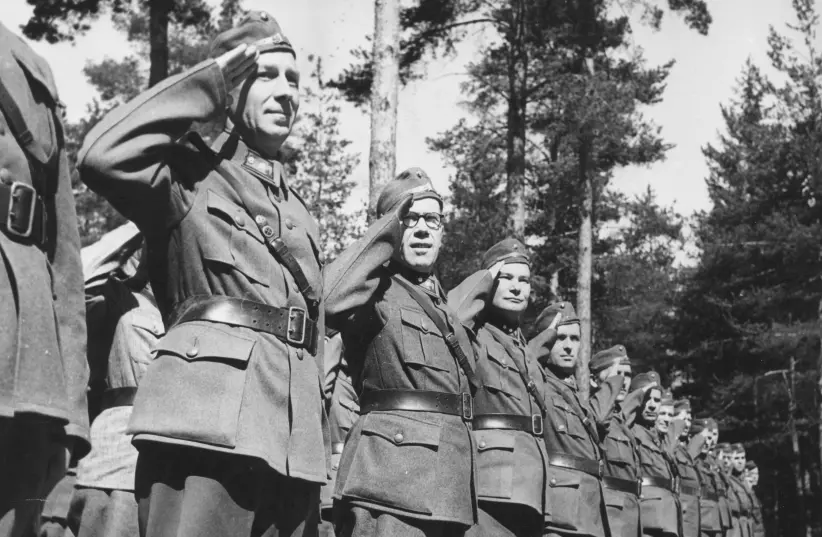Voices from the Arab press: Ukraine’s neutrality and Russian-American relations
Neutralization of Ukraine has been one of Russia’s demands since the 2014 Crimean War. Moscow didn’t use the term “neutrality” per se, but it did demand what it means, namely that Ukraine not join NATO. Years later, in December 2021, this demand became a formal part of the security demands submitted by Russia to both NATO and Washington, in the form of two draft agreements. However, no understanding on the topic was reached.
Now, it seems that the requirement of Ukraine’s neutrality can be fulfilled if both sides of the war wish for the fighting to end. If this happens, we may enter a new era symbolized by the idea of neutrality. This would be based on the experience of Switzerland, which signed a declaration affirming its perpetual neutrality within the international community, in 1815.
In 1907, the Hague Convention concluded the Rights and Duties of Neutral Powers and Persons in Case of War on Land. There is no rule governing this issue, which often depends on the choice of the state wishing to declare its neutrality.
Switzerland, for example, chose to maintain only a modest and symbolic armed force, as did Austria, which declared neutrality in 1955, when it found out it was the only way to de-escalate its crisis in the Cold War.
On the other hand, Finland retained its entire army after declaring neutrality following the failure of a Soviet invasion attempt at the beginning of World War II, while continuing to operate the system of compulsory national military service.
It is more likely that Ukraine, if the procedures for declaring its neutrality are completed, will retain what will remain of its armed forces after the war, with a commitment not to seek or develop nuclear weapons. However, Ukraine’s neutrality will not substitute a broader understanding between Moscow and Washington.
Moscow’s pre-war demands were not limited to Ukraine, which was mentioned only twice in the Russian draft of the agreement. Indeed, this draft included a demand for a complete halt to the eastern expansion of NATO and the establishment of rules or restrictions on the movement of its forces within member countries.
Source: https://www.jpost.com/middle-east/article-704659
